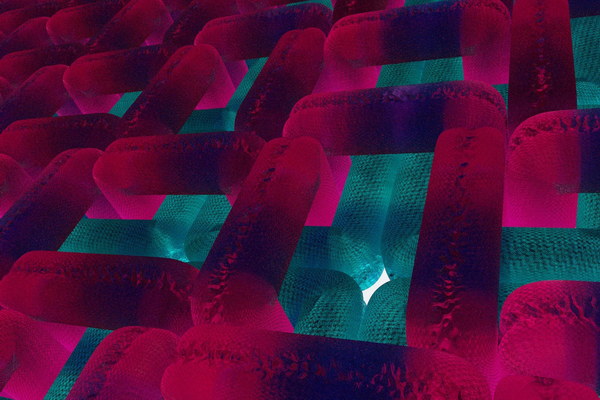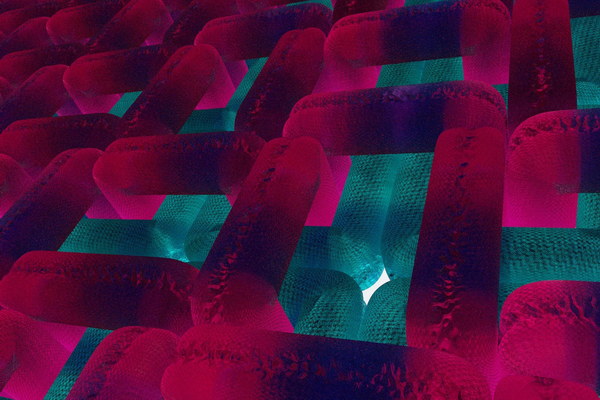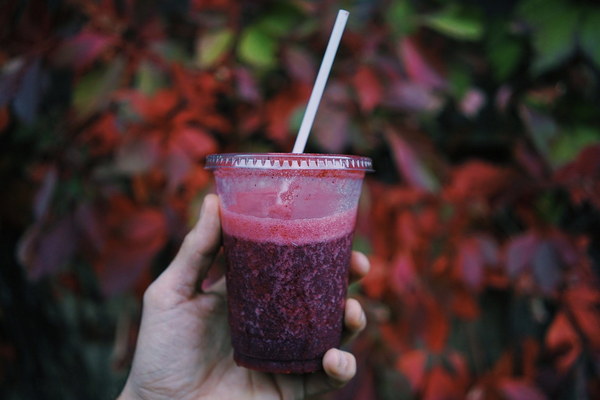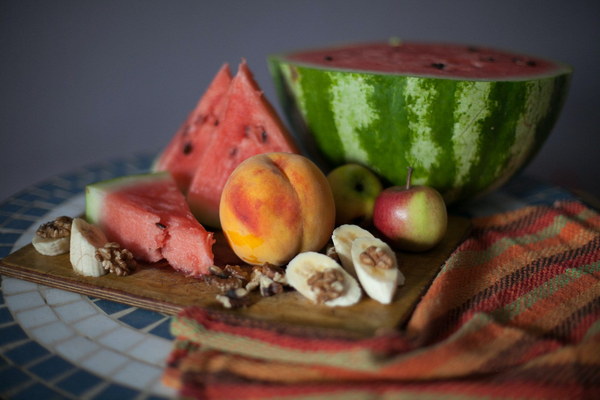The Efficacy of Mung Bean and Job's Tears Sweet Water for Dampness Removal A Comprehensive Look
In the realm of traditional Chinese medicine, the concept of dampness is a common ailment that can manifest in various ways, from fatigue and bloating to skin issues and digestive problems. One popular remedy for dampness is the consumption of Mung Bean and Job's Tears Sweet Water. But does this ancient practice hold any truth, or is it just another folk remedy? Let's delve into the efficacy of this traditional drink for dampness removal.
Understanding Dampness in Traditional Chinese Medicine
In traditional Chinese medicine, dampness is believed to be a Yin imbalance that can lead to various health issues. It is often associated with a build-up of excess moisture in the body, which can be caused by factors such as poor diet, environmental factors, or internal disharmony. Symptoms of dampness can vary widely, but common signs include:
- Weight gain or bloating
- Fatigue

- Joint pain
- Digestive issues like bloating, constipation, or diarrhea
- Mucus production
- Weakness or heaviness in the body
The Ingredients: Mung Beans and Job's Tears
Mung beans (Vigna radiata) and Job's tears (Coix lacryma-jobi) are two key ingredients in the traditional dampness-relieving drink. Both are considered cooling and diuretic, which can help to expel excess moisture from the body.
- Mung Beans: These are often used in TCM for their detoxifying properties. They are believed to help clear heat, reduce swelling, and promote urination, which can help to eliminate dampness from the body.
- Job's Tears: Also known as coix seed, this ingredient is thought to aid in draining dampness, strengthen the spleen, and improve digestion. It is also used in TCM to treat skin conditions and edema.
How Effective is the Sweet Water Remedy?
The effectiveness of Mung Bean and Job's Tears Sweet Water as a dampness remedy is a topic of debate among both traditional and modern health practitioners. Here are some points to consider:
1. Traditional Perspective: Proponents of TCM believe that the combination of mung beans and job's tears has a synergistic effect that can help to remove dampness and alleviate its associated symptoms. The cooling properties of the ingredients are thought to help balance the body's Yin and Yang.
2. Modern Research: While there is limited scientific research specifically on the efficacy of this sweet water for dampness removal, some studies have explored the individual properties of mung beans and job's tears. For instance, mung bean extracts have been found to have antioxidant and anti-inflammatory properties, which may contribute to their potential benefits.
3. Personal Experience: Many individuals swear by the drink's effectiveness, reporting improvements in symptoms such as bloating and fatigue. However, the effectiveness can vary widely from person to person.
How to Prepare Mung Bean and Job's Tears Sweet Water
If you're interested in trying Mung Bean and Job's Tears Sweet Water, here's a basic recipe:
- Soak 50 grams of mung beans and 30 grams of job's tears in water overnight.
- In the morning, drain the water and add the soaked ingredients to 500ml of water.
- Boil the mixture and simmer for about 30 minutes.
- Strain the liquid and sweeten with honey or rock sugar to taste.
Conclusion
While the scientific evidence for the effectiveness of Mung Bean and Job's Tears Sweet Water in removing dampness is limited, the traditional use of this drink suggests that it may have some merit. If you're considering trying this remedy, it's best to do so as part of a holistic approach to your health and under the guidance of a healthcare provider. As with any herbal remedy, individual results may vary.









